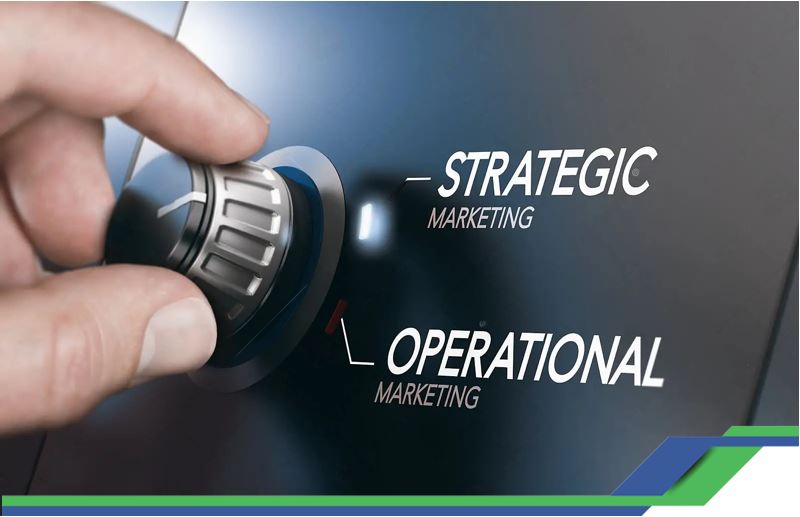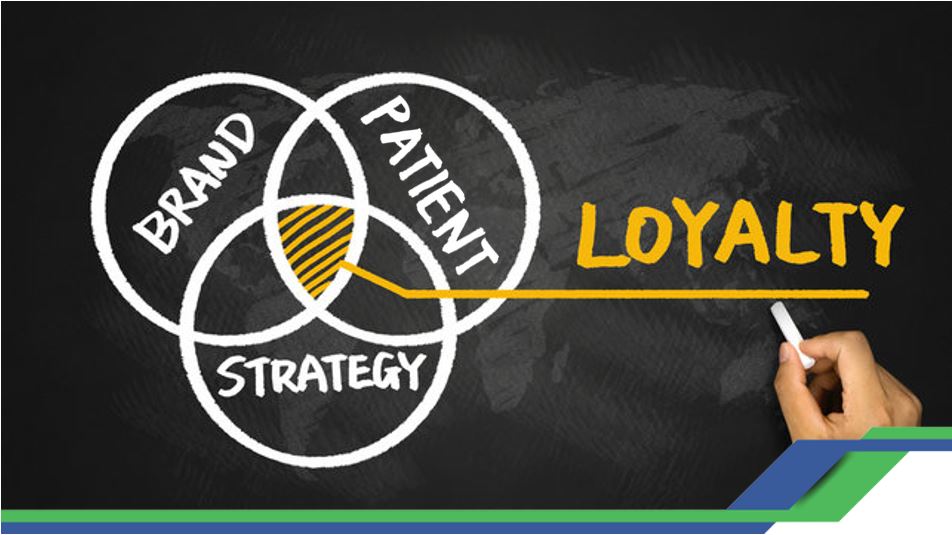In the dynamic landscape of marketing, two distinct yet interrelated approaches play a pivotal role in achieving organizational objectives: operational marketing and strategic marketing. While both are essential components of a comprehensive marketing strategy, they operate on different levels and serve distinct purposes. Let’s explore the differences between operational and strategic marketing and understand their respective roles in driving business success.
Operational Marketing:
1. Short-term Focus: Operational marketing primarily deals with the day-to-day activities and tactics aimed at achieving short-term goals. It involves executing marketing plans and activities that are immediately actionable and directly contribute to revenue generation.
2. Tactical Execution: Operational marketing involves the practical implementation of marketing initiatives such as advertising campaigns, social media posts, email marketing, and sales promotions. It’s concerned with the nuts and bolts of marketing execution.
3. Immediate Results: The focus here is on generating quick, tangible results. Metrics like click-through rates, conversion rates, and immediate sales are the key performance indicators for operational marketing efforts.
4. Customer Engagement: Operational marketing seeks to engage with existing customers, address their immediate needs, and drive repeat business. It’s about maintaining and nurturing relationships.
5. Budget Allocation: Budget allocation in operational marketing tends to be more flexible and can be adjusted based on short-term needs and opportunities.
Strategic Marketing:
1. Long-term Vision: Strategic marketing takes a holistic, long-term approach. It involves creating a roadmap for achieving the organization’s long-term goals and objectives. It requires a deep understanding of the market, competition, and consumer behavior.
2. Planning and Analysis: Strategic marketing begins with extensive market research and analysis. It involves identifying market trends, customer segments, and competitive landscapes to formulate a comprehensive marketing strategy.
3. Brand Building: Brand development and positioning are integral to strategic marketing. It’s about creating a strong brand identity that resonates with target audiences over time.
4. Measuring ROI: While operational marketing focuses on immediate results, strategic marketing aims to measure the long-term return on investment (ROI). Metrics such as customer lifetime value, brand equity, and market share are key indicators of strategic success.
5. Resource Allocation: Budget allocation in strategic marketing is typically more fixed and is designed to support the long-term vision. It involves making strategic decisions about where to invest resources for maximum impact.
Integration and Balance: Effective marketing strategies often require a synergy between operational and strategic approaches. While operational marketing generates short-term revenue, strategic marketing ensures sustainable growth by building brand loyalty and market presence. Striking the right balance between the two is crucial, as they are complementary forces that drive the overall success of a marketing campaign.
In conclusion, operational marketing deals with the “here and now,” focusing on immediate tactics and results, while strategic marketing takes a broader view, charting a course for long-term success. Both are vital elements of a well-rounded marketing strategy, and their harmonious integration can steer a company toward its desired objectives in the ever-evolving world of business.
If you feel that your marketing strategy needs a boost from professionals, just contact us via email of give us a call.
Sincerely,
Dimitris








